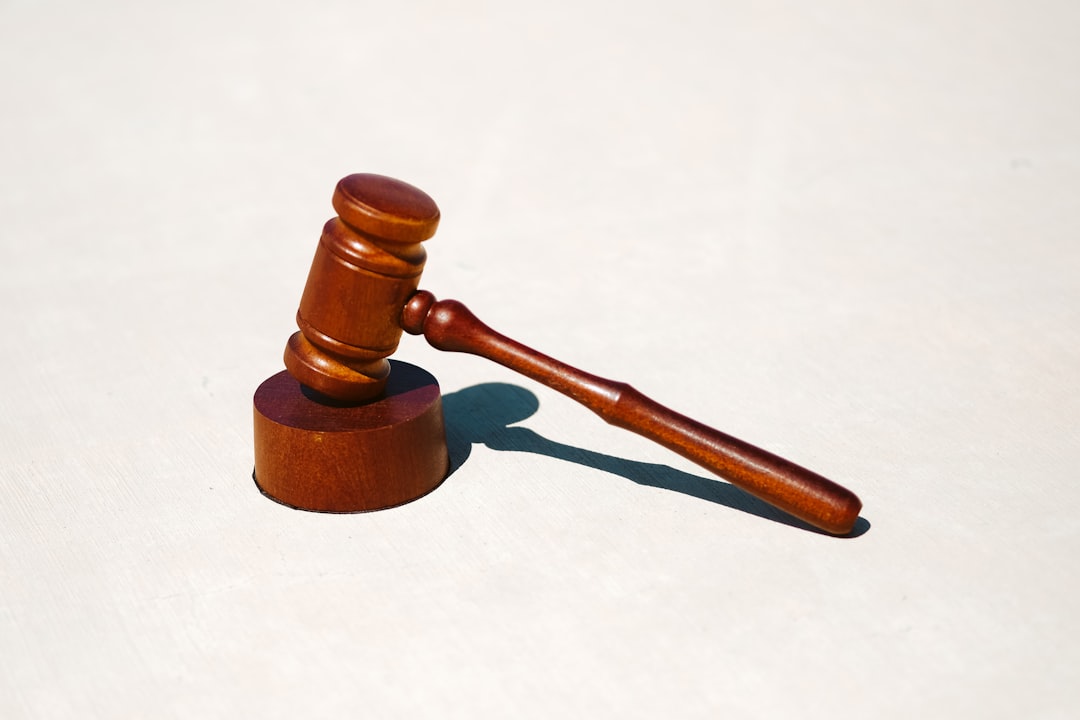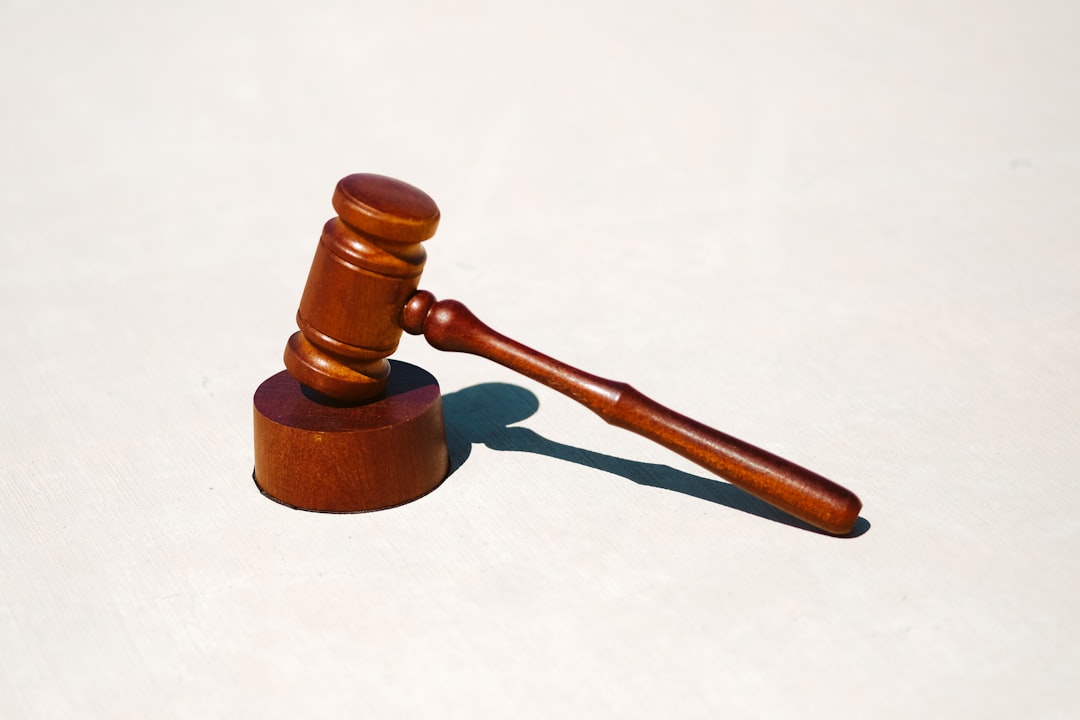In dynamic Houston, understanding telecommunications laws empowers residents to protect their rights against unfair practices from service providers. Consumers are shielded by state and federal regulations covering billing, service quality, and privacy. Houstonians can resolve issues through regulatory bodies like the Texas Utilities Commission or FCC, with many offering online filing options. Do Not Call (DNC) regulations, enforced by registering numbers on the national registry, reduce unwanted telemarketing calls and offer legal recourse for harassing phone calls. Non-profit organizations, state agencies, and the Federal Communications Commission (FCC) provide assistance. For legal representation, consumers should seek specialists in consumer law, avoiding general 'do not call law firms' Houston. After filing a complaint, residents must avoid direct contact with the company or any law firms in Houston while allowing regulatory bodies to handle the case.
In Houston, navigating telecommunications complaints and violations can be complex. Understanding local laws is crucial for consumers seeking justice. This guide breaks down key aspects of telecommunications regulations in Houston, focusing on when and how to file a complaint, especially regarding Do Not Call regulations. It explores legal resources available to Houstonians through dedicated law firms, ensuring residents know their rights and have access to support. By following the outlined steps, consumers can take proactive measures after filing a complaint, fostering a fairer telecommunications landscape.
Understanding Telecommunications Laws in Houston

In the dynamic city of Houston, understanding telecommunications laws is essential for residents navigating various complaints and violations. These laws govern the rights and responsibilities of both consumers and service providers, ensuring fair practices in the industry. Houston’s telecommunications landscape is vast, encompassing wireline services, wireless networks, and internet connectivity, each subject to specific regulations.
Consumers in Houston are protected by state and federal laws that regulate billing practices, service quality, and customer privacy. For instance, the Texas Deceptive Trade Practices Act offers safeguards against unfair or misleading advertising and pricing. Additionally, the Federal Communications Commission (FCC) enforces rules related to do-not-call lists, ensuring residents’ peace of mind from unwanted telemarketing calls. Familiarizing oneself with these laws is the first step for Houstonians seeking to protect their rights in the telecommunications sector, without necessarily involving a law firm Houston.
When and How to File a Complaint

If you’re a resident of Houston facing issues or violations related to telecommunications services, knowing how and when to file a complaint is your first step towards resolution. The process typically begins with gathering all relevant information about the dispute. This includes dates and details of interactions with the telecom company, any documentation supporting your claim, and understanding the specific laws or regulations that may be applicable.
You can file a complaint directly with the appropriate regulatory body, such as the Texas Utilities Commission or the Federal Communications Commission (FCC), depending on the nature and extent of the violation. Many of these agencies offer online filing options, making it easy to submit your complaint promptly without requiring you to contact a law firm in Houston or elsewhere.
Exploring Do Not Call Regulations

In Houston, the Do Not Call (DNC) regulations are governed by both state and federal laws, providing residents with powerful tools to combat unwanted telemarketing calls. These rules restrict businesses from making phone calls for promotional purposes unless the recipient has given explicit consent. A reputable Do not call law firm Houston can guide citizens on how to register their numbers on the national DNC registry, ensuring they are not contacted by telemarketers. This simple step significantly reduces intrusive calls and gives Houstonians more control over their privacy.
Moreover, these regulations offer legal recourse for residents who experience repeated or harassing phone calls. If a consumer feels their rights have been violated, they can file a complaint with the Federal Trade Commission (FTC) or take action through a Do not call law firm Houston. Such legal steps can lead to penalties for offenders, discouraging unethical telemarketing practices and ensuring Houstonians are treated with respect in their daily lives.
Available Legal Resources for Consumers

In Houston, consumers facing telecommunications complaints or violations have several legal resources at their disposal. They can start by reaching out to non-profit organizations dedicated to consumer protection, such as the Better Business Bureau (BBB), which offers free consultation and mediation services. The BBB helps resolve disputes between businesses and consumers, including issues related to phone service, internet connectivity, and billing discrepancies.
Additionally, state and federal government agencies play a crucial role in protecting consumer rights. The Texas Attorney General’s Office provides legal assistance and educates residents about their rights as telecommunications users. At the federal level, the Federal Communications Commission (FCC) enforces regulations ensuring fair practices in the industry and offers resources for consumers to file complaints and seek resolutions. For those seeking legal representation, it’s advisable to consult with attorneys specializing in consumer law, rather than a general ‘do not call law firm Houston’, to ensure tailored guidance on their specific issues.
Steps to Take After Filing a Complaint

After filing a complaint with the relevant telecommunications regulatory body, Houstonians should allow time for an investigation to take place. This process involves gathering evidence and statements from both parties. It’s important not to contact the company directly or call any law firm in Houston at this stage—let the authorities handle it.
During this period, individuals should maintain records of all communications related to the complaint. This includes emails, letters, and notes regarding interactions with the regulatory body. These documents will be valuable if the case proceeds further or if additional evidence is required.






